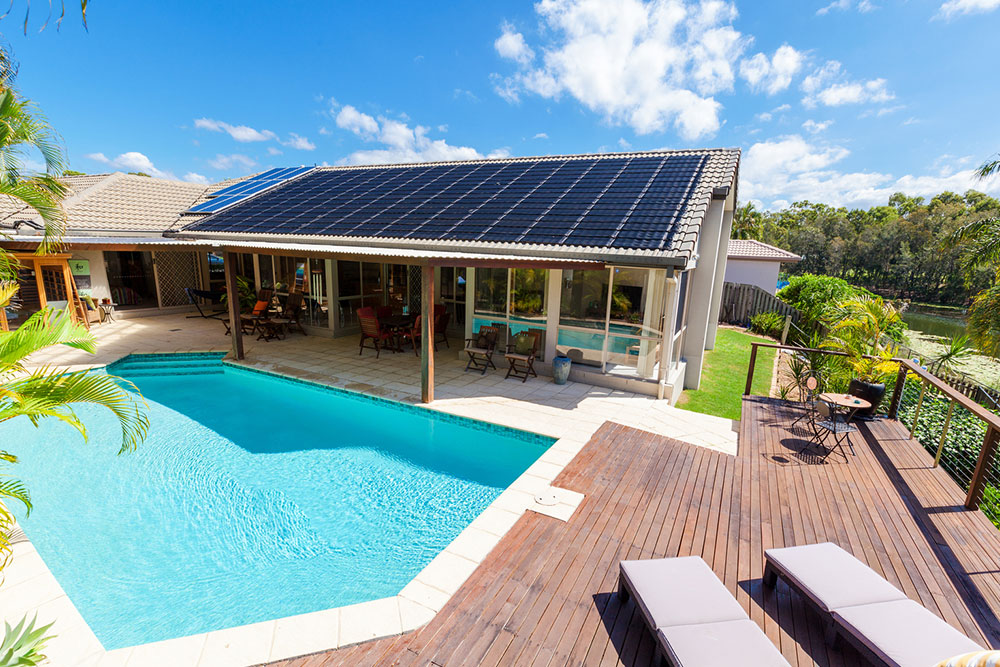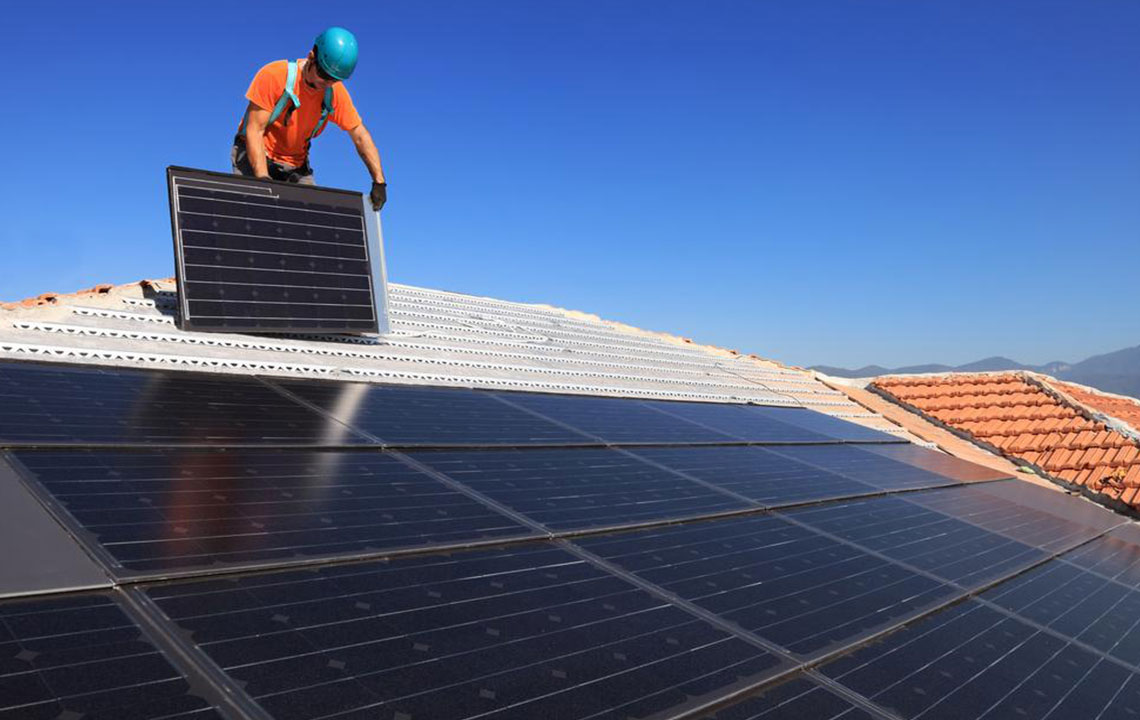Japan Advances Green Housing with Mandatory Rooftop Solar Installations by 2025
Japan is pioneering a new standard by mandating rooftop solar panel installations for all new residential buildings starting in 2025. Led by Tokyo's initiative, this policy aims to enhance renewable energy use, reduce carbon emissions, and promote energy independence. The article covers technical advancements, economic benefits, installation options, and future policy considerations, emphasizing Japan's commitment to sustainable urban development and clean energy innovation.

Japan Enforces Solar Panel Requirements on New Residential Buildings
Starting in 2025, new homes in Japan must feature rooftop solar systems. This nationwide mandate emphasizes sustainable development, reducing environmental impact and lowering energy costs for homeowners. The policy encourages clean energy adoption and aims to decrease reliance on fossil fuels. Stakeholders such as homeowners, builders, and investors should familiarize themselves with the technical, financial, and environmental benefits of solar technology for informed decision-making.
Tokyo's Initiative
Tokyo leads the country by being the first city to implement this requirement. Construction firms operating within the city are required to install solar panels on residential structures up to 2,000 square meters, marking a significant step toward energy sustainability.
The move aims to harness renewable energy sources, reducing reliance on coal and nuclear power. Post-Fukushima, Japan shifted away from nuclear energy in favor of solar and other clean options. The government aspires to halve emissions by 2030, with household electricity accounting for nearly 30% of the energy mix, easing grid demands. Solar panels convert sunlight into electricity through photovoltaic cells, which are increasingly using advanced materials like perovskite to simplify installation on building facades and windows. Future policies may include higher tariffs for innovative solar technologies to foster domestic growth.
Solar panel costs vary among leading brands, roughly estimated per kilowatt:
Solar Frontier: 203,500 yen
Panasonic: 200,000 yen
Sharp: 341,000 yen
Canadian Solar: 164,000 yen
Kyocera: 260,700 yen
CIC: 175,000 yen
Q.CELLS: 188,000 yen
Suntech: 341,000 yen
Hanwha Solar: 228,910 yen
Trina Solar: 264,000 yen
Benefits of Solar Energy
Homeowners can generate their own power, reducing vulnerability to grid outages. Combining solar with storage solutions allows excess energy to be saved for later, boosting resilience during blackouts.
Solar panels function efficiently across diverse climates, including winter months with limited daylight. Japan’s average of 8 hours of sunlight daily makes solar suitable even in urban settings.
Beyond rooftops, solar panels can be integrated into walls and windows, expanding deployment options. Investing in solar technology promotes renewable energy and cuts carbon emissions.


